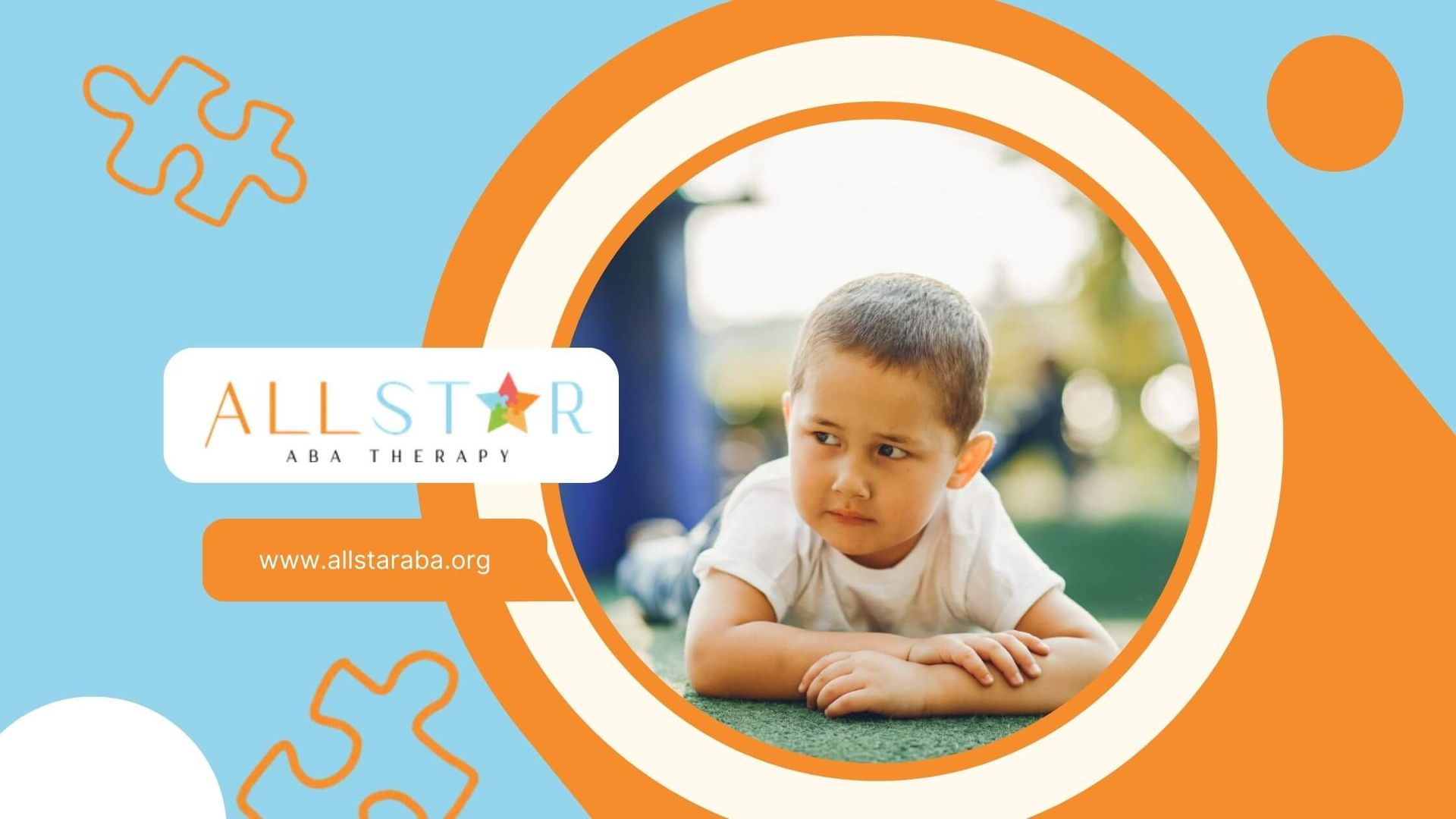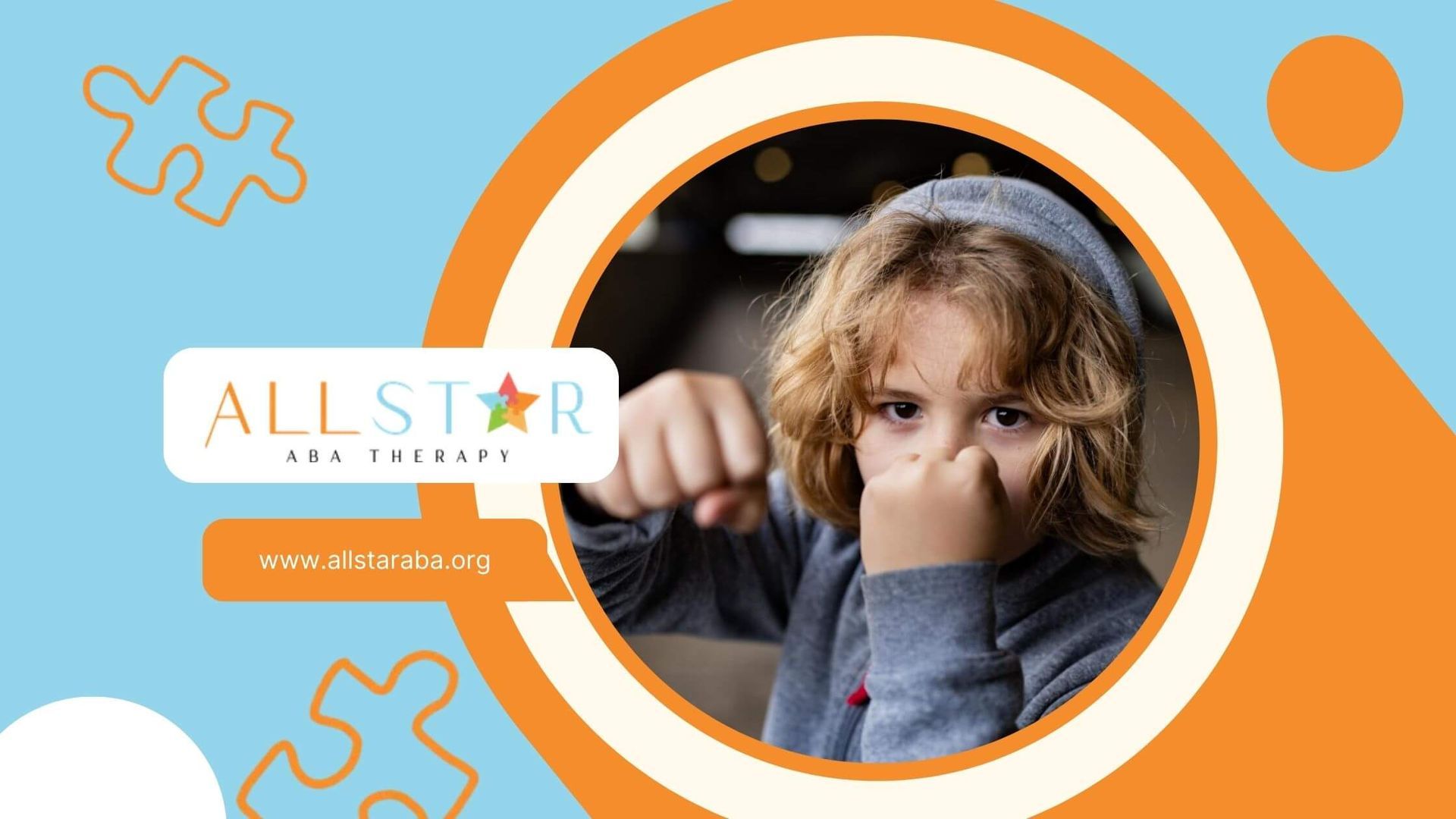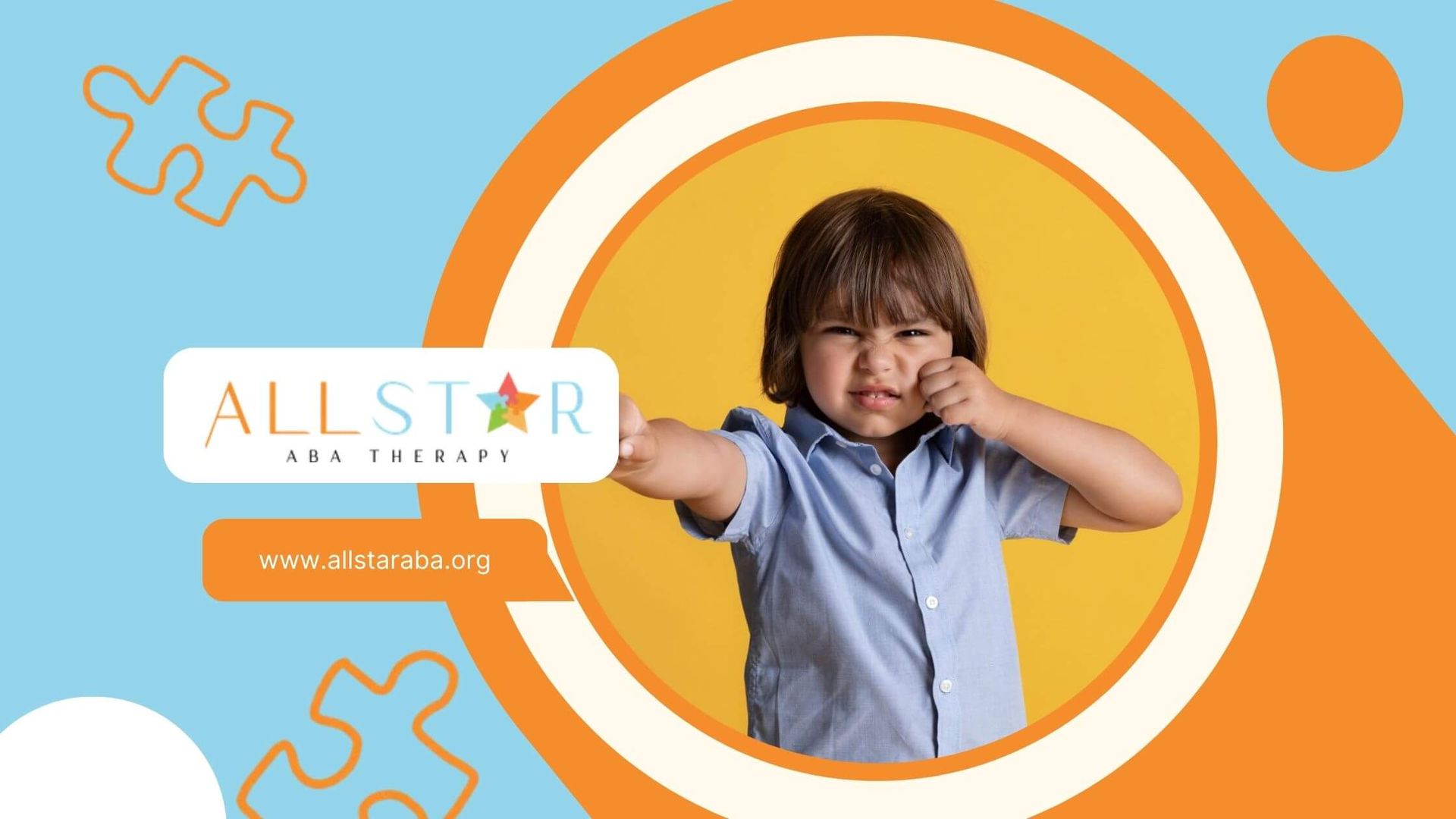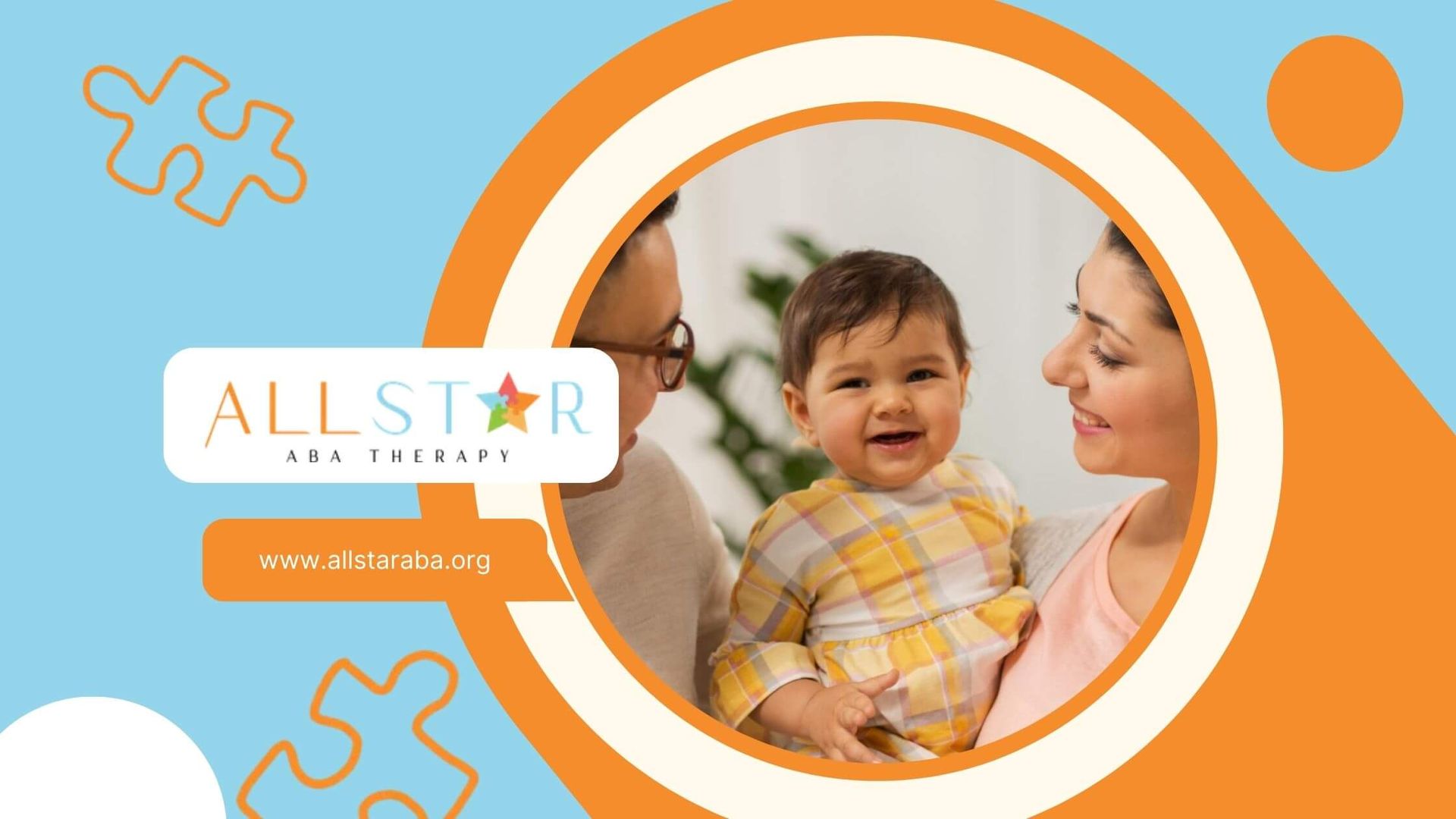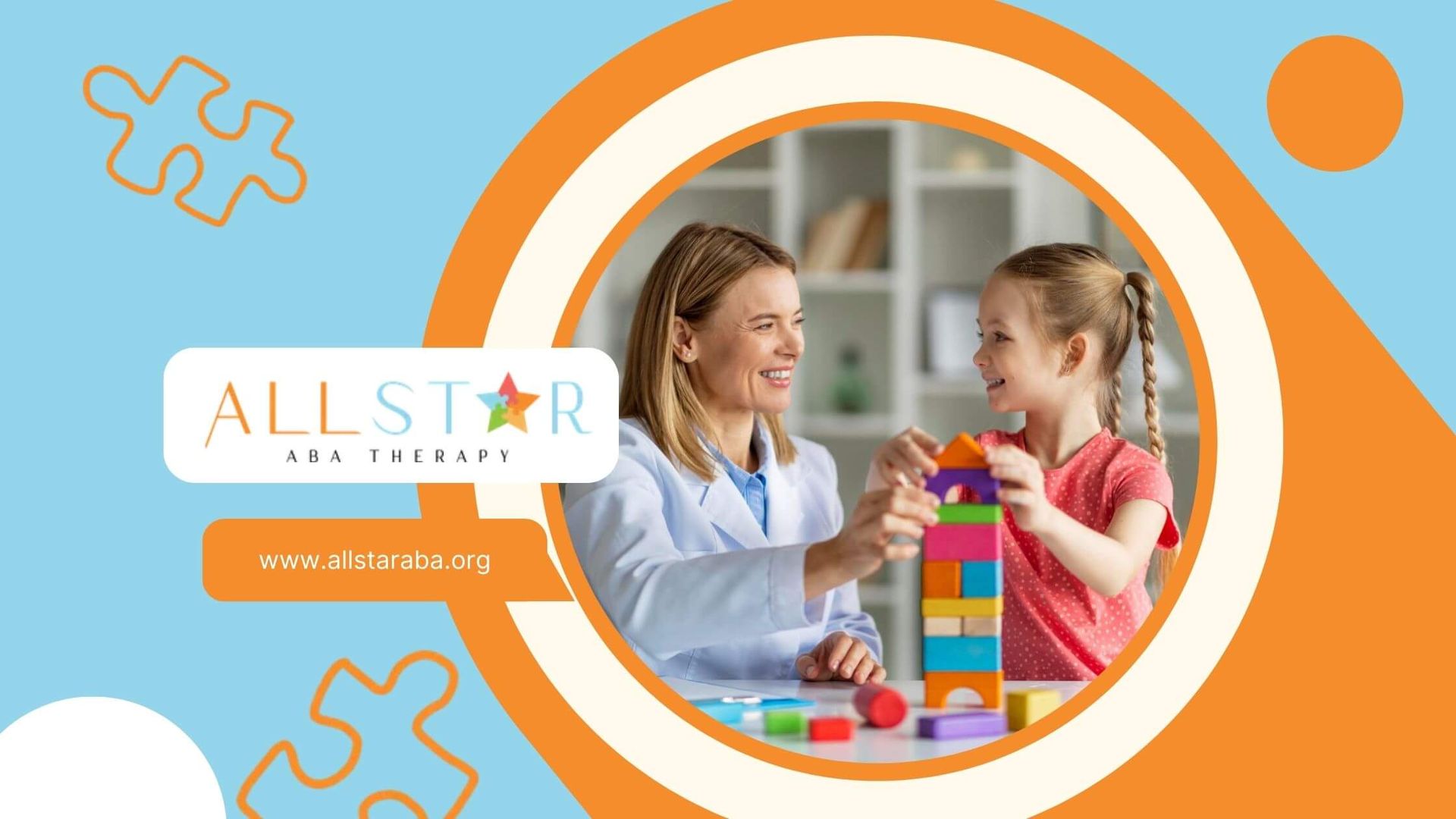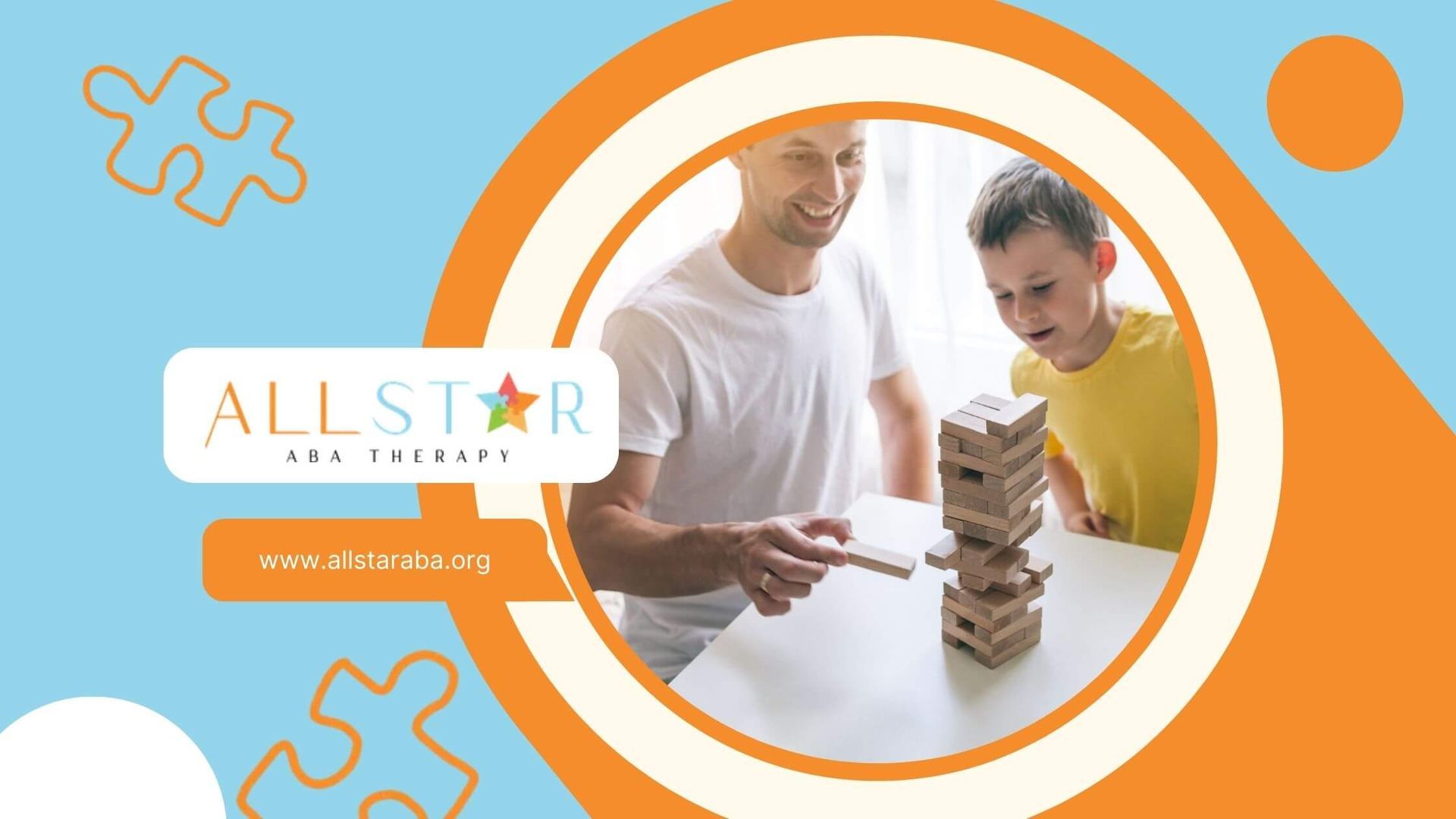New Paragraph
How to Use ABA for Managing Transitions: Tips for Smoother Daily Routines
Transitions—moving from one activity to another—can be especially challenging for autistic children. The sudden change in focus or routine may trigger anxiety, frustration, or resistance. ABA therapy offers practical, effective strategies to make transitions smoother and more predictable.
One of the most helpful tools is a visual schedule, which shows the order of activities so children know what to expect. This reduces uncertainty and prepares them mentally for upcoming changes. First-Then boards (“First clean up, then play outside”) provide clear structure and motivation.
Using transition warnings, such as giving a two-minute countdown before switching tasks, allows children time to shift their attention. Timers, songs, or gentle reminders can also help prepare them without pressure.
Positive reinforcement plays a key role. Praising or rewarding a child for transitioning calmly encourages them to repeat the behavior in the future. ABA therapists may also use task analysis—breaking transitions into smaller steps—to teach children how to move between activities independently.
At All Star ABA, we help families create predictable routines and teach children the skills they need to handle transitions with confidence. With the right support, daily shifts can become smoother and far less stressful for everyone.
Frequently Asked Questions
Why are transitions difficult for autistic children?
Transitions involve stopping one activity and starting another, which can feel unpredictable or overwhelming for children who rely on routine.
How does ABA help with transitions?
ABA uses tools like visual schedules, timers, reinforcement, and step-by-step teaching to make transitions clear and predictable.
What ABA techniques work best?
First-Then boards, countdowns, consistent routines, and positive reinforcement are among the most effective strategies.
Need Support?
We're Here to Help!
Our experienced team is ready to assist you. Reach out today to discuss how we can support your child's development and well-being.
Get started with expert ABA therapy today.



